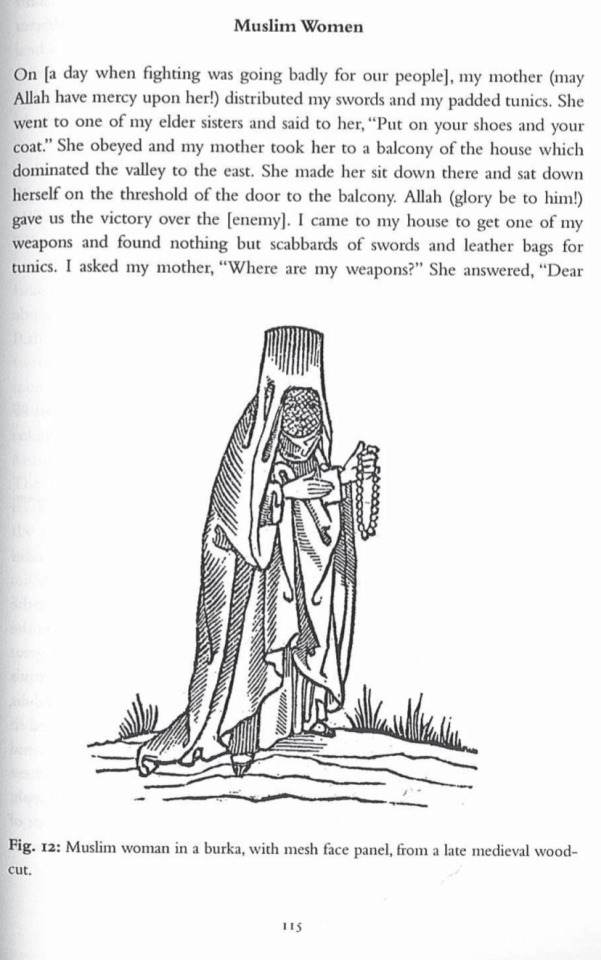#crusader states

Snippets from the introduction of a recent essay I wrote on women and gender in the crusades:
Besieged in Jerusalem in 1187, Margaret of Beverly proved herself an active participant in the crusades by patrolling the walls, describing herself as ‘a fierce warrior woman’.
Crusading was unmistakably gendered with socially constructed, rather than biologically determined, masculine and feminine roles. Participation was geared towards men, narratives favoured male exploits and contemporary gender constructs dictated women should merely support and encourage the masculine pursuit of warfare.
Despite being discouraged and marginalised, many women joined the crusade as pilgrims and camp followers where they provided services such as moral support, menial labour, cookery and prostitution. They assisted with siege warfare, defence and the provision of supplies to frontline fighters. In emergencies, noblewomen took leadership roles and lay women likely took part in direct combat. Those left at home took on the challenging burden of managing families, estates and businesses to facilitate the absence of male relatives.
Women within the army and crusader settlements faced a myriad of grave dangers including starvation, captivity, rape, family separation, injury and death.
The contribution of women to crusading was significant and varied, but the tendency to define a ‘crusader’ only as a direct combatant has led some historians to suggest only women who fought could be considered crusaders. As the crusades were a spiritual and societal movement as well as a military enterprise, I argue it is more appropriate to define a crusader as a participant. It is oversimplified to ignore the vast contribution of women who, like their male counterparts, took vows and committed to the Christianisation of the east at great personal risk. Therefore, I argue women should be called crusaders for their dedication, courage and sacrifices for the crusade effort.
Image is of Melisende of Jerusalem



An interesting segment on medieval Muslim women from the Memoirs of Usamah Ibn Munqidh in ‘The Crusades: A Reader’, edited by S.J. Allen and Emilie Amt
I love the feisty old woman! ✊
